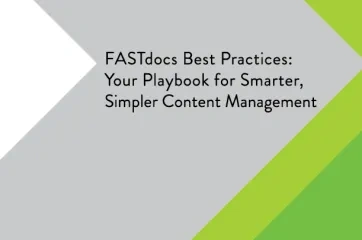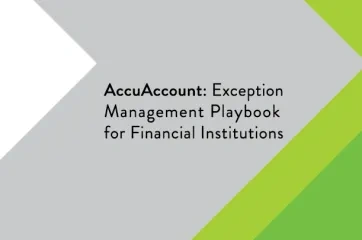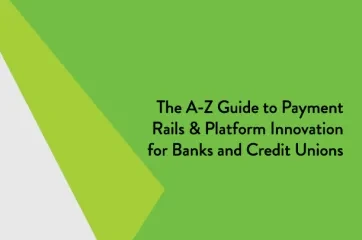Audit and exam prep is a process that financial institutions go through in order to adequately prepare for upcoming audits and exams. Differences exist between audits and exams, although some bankers use these terms interchangeably. As discussed in What are Banking Exams?, exams are usually initiated by a state-level entity, FDIC, or similar organization, while audits may be initiated by the institution itself. In both situations, proper preparation is essential.
Preparing for an Audit or Exam
The specific steps involved with preparing for an audit or exam vary among financial institutions, but activities could be generally organized into the following categories:
Reviewing Files & Documentation: Proactively reviewing existing documentation is a common starting point for audit and exam prep. Based on previous experiences, a bank or credit union may be able to anticipate what auditors or examiners will likely ask to see—such as a sampling of the financial institution’s large, complex commercial loans. Documentation gaps for these loans should be identified and resolved quickly.
Obtaining a List of Requirements: As the review approaches, the auditor and examiner may provide the financial institution with a specific list of requirements. This list should be closely scrutinized by the bank or credit union to identify any further gaps.
Collecting Documentation: Following up with customers, members, insurance companies, and other stakeholders may be necessary to obtain updated or missing information, such as recent financial statements or tax returns. Promptly resolving exceptions in a centralized tracking system is key for avoiding duplication of effort.
Preparing Files for Auditors or Examiners: Requested files must be organized into an accessible format for auditors and examiners. Carting stacks of hard copy loan files into a conference room is one option, but a growing number of financial institutions prefer a digital approach.
Audit & Exam Prep Team
Preparing for an audit or exam can involve considerable work by a variety of team members. Possible contributors to the team could include:
- Loan assistants
- Loan managers
- Lenders
- Credit analysts
- Credit managers
Encouraging an “all-hands-on-deck” mentality can help ensure everything gets done in advance of an audit or exam. Staff may need to perform tasks that are outside of their typical day-to-day responsibilities and should maintain a flexible mindset.
Reducing Audit & Exam Prep Stress with Better Systems
Document management practices can impact the time, resources, and stress involved with audit and exam preparation. Unlike paper loan files, electronic records can be instantly available to multiple team members across different locations. This makes it easier to identify documentation gaps and reduces the amount of paper to manage.
Proactively tracking collateral and other exceptions puts the financial institution in a better position when preparing for audits and exams. Rather than waiting until an audit or exam occurs, the proactive financial institution implements systems to keep exceptions to a minimum—which bodes well for audits and exams.
Document management systems like AccuAccount that offer built-in audit preparation functionality can save time and frustration for staff (as well as auditors and examiners).
Access Audit & Exam Resources
Read more about banking exams, learn how to prepare for a virtual audit, and browse additional resources on Alogent’s Innovation Hub.







